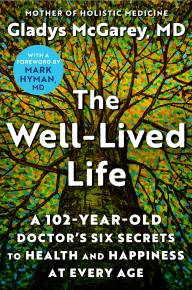We often don’t interact with one another because we don’t want to get our hands dirty.
We don’t want to deal with what we perceive to be others’ deficits. We want to protect ourselves so we can’t be disappointed.
But in the process, we miss out on life.
The advent of modern conveniences has made this easier. We have essentially sterilized our lives of the discomfort of “needing” one another.
Today, if we are sufficiently economically comfortable, we’ve set up the entire world so we don’t have to ask anyone for anything.
Apps, instead of neighbors, help us pick up our car from the mechanic or get a ride to a doctor’s appointment. On a busy school night, dinner can be ordered in minutes via delivery. We can hire people to walk our dogs, assemble our furniture, and wash our cars with the click of a button.
The more we progress, the more it seems that we simply want the convenience of not having to ask anything of our neighbors and friends. We’re constructing a community-for-hire.
Gone are the days of borrowing a cup of sugar, let alone raising a barn with neighbors.
Perhaps I sound like an old lady complaining about how the world is changing. Yet I’m pointing toward something much bigger here.
We need to borrow cups of sugar. We benefit from barn raising. Living together in this way forces us to connect, even in small ways.
In the past, our messy, frequent interactions made sure we knew our neighbors and understood what was happening in one another’s lives. They kept us vital by providing a safeguard against isolation.
Modern life increasingly allows us to reduce the interactions required for day-to-day living, supporting this effort with the idea that we’re happiest if we interact with others only when we want to do so.
Yet reducing our interactions is so costly. We lose so much when we don’t connect with community.
We miss out on a fundamental piece of being human.






